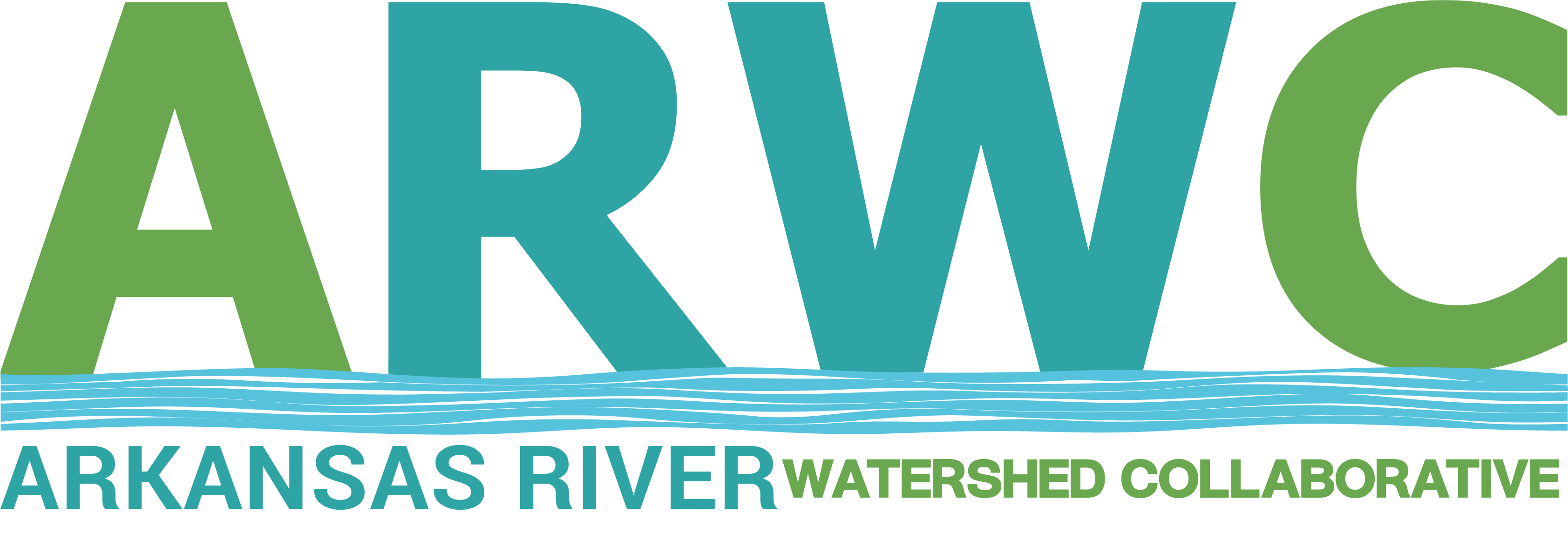For this river report, I (Cecilia, ARWC’s Watershed Resources Intern) spoke with Rachel Zancanella, Division 2’s water engineer, to discuss why CWCB is planning on phasing out of “futile calls” and how this will affect water rights holders.

1. What do you want the general public to better understand about water management decisions within the basin?
The nature of an over-appropriated basin is that it is a limited resource, there isn’t enough to go around so in order to make new uses of the water, another use has to be removed.
2. As the division engineer for the Ark basin, what are the decisions you’re making and how are you making them?
On a daily basis we are working to ensure that senior water rights holders and Kansas are receiving the water they are entitled to. In order to do that, we have to make tough decisions that some water users cannot divert and we shepherd that water to those with a legal entitlement to use the water. We consider the priorities of water rights and other requirements for water operations specified in decrees of the court.
3. How does water management on the Upper Ark differ from the rest of the basin and the state of Colorado?
Water in the Upper Arkansas is in connection with the rest of the basin, and principles of water administration, outside of specific Arkansas River Compact requirements, are the same throughout Colorado. The Arkansas basin as a whole is under much more pressure than other areas of the state because it receives so much less water but still has a lot of uses.
4. You spoke in Chaffee County this spring about the move to phase out “futile calls” in the Arkansas Basin, possibly before the start of the 2025 irrigation season.”
a) First, what is a futile call?
Traditionally, when a stream had a dry section between a junior upstream water right and a senior downstream water right, the junior water right would be allowed to take water out-of-priority because efforts to shepherd the water to the downstream senior were considered “futile”.
b) Why is this move being considered?
Today, we recognize that the water doesn’t just disappear from the system in most cases, it just flows under the surface of the ground. It may be delayed in getting to the senior, but it still gets there. In a basin like the Arkansas where there is always a downstream call, the water that disappears underground and resurfaces later will still be subject to a downstream call days or months from now. Similarly, in the Arkansas River basin, groundwater use through wells also must account for their delayed depletions to streamflows. The depletions from a well may be owed to the river even years in the future and those well users still have to protect the seniors from injury by providing a replacement source of water for the senior water rights.
c) What is the status of this move?
Staff and I have been working through the list of water rights we contacted because we knew they were relying on a futile call, evaluating them individually. I have done some field inspections of different scenarios. In some limited cases, they will be able to continue diverting under a futile call, at least in some conditions, because there are hydraulic barriers to flow that separate their uses from the administered system. We’ll document that with the research and conditions for their file. In other cases, we will help the water users understand what their obligations are to continue in a way that is protective of senior rights, for example, augmenting their depletions.
5. How will it affect water rights holders?
Some water users will just have their use under a futile call documented with a better understanding of when they can divert legally, which may be less often, and how to do their diversion records etc. Some others will need to work towards compliance plans in order to divert legally.
6. Looking forward to August and the next three months, what are you paying attention to for the rest of this summer and early fall?
With the run-off behind us we have more ability to focus on records and accounting. We have been working on a Pond Pilot Project in Custer County that has been going really well that we’d like to see wrap up. Typically in the fall we turn our focus to gearing up for our Compact reports which take a lot of time to compile.
Rachel also wanted to share links to more resources and information here:
Publicly available “Beginner’s guides”:
Official videos for the public:
“Who We Are” video.
“Why DWR’s work is vital for Coloradans”
“Colorado’s Water Priority System and DWR’s Water Commissioners’ Role”


